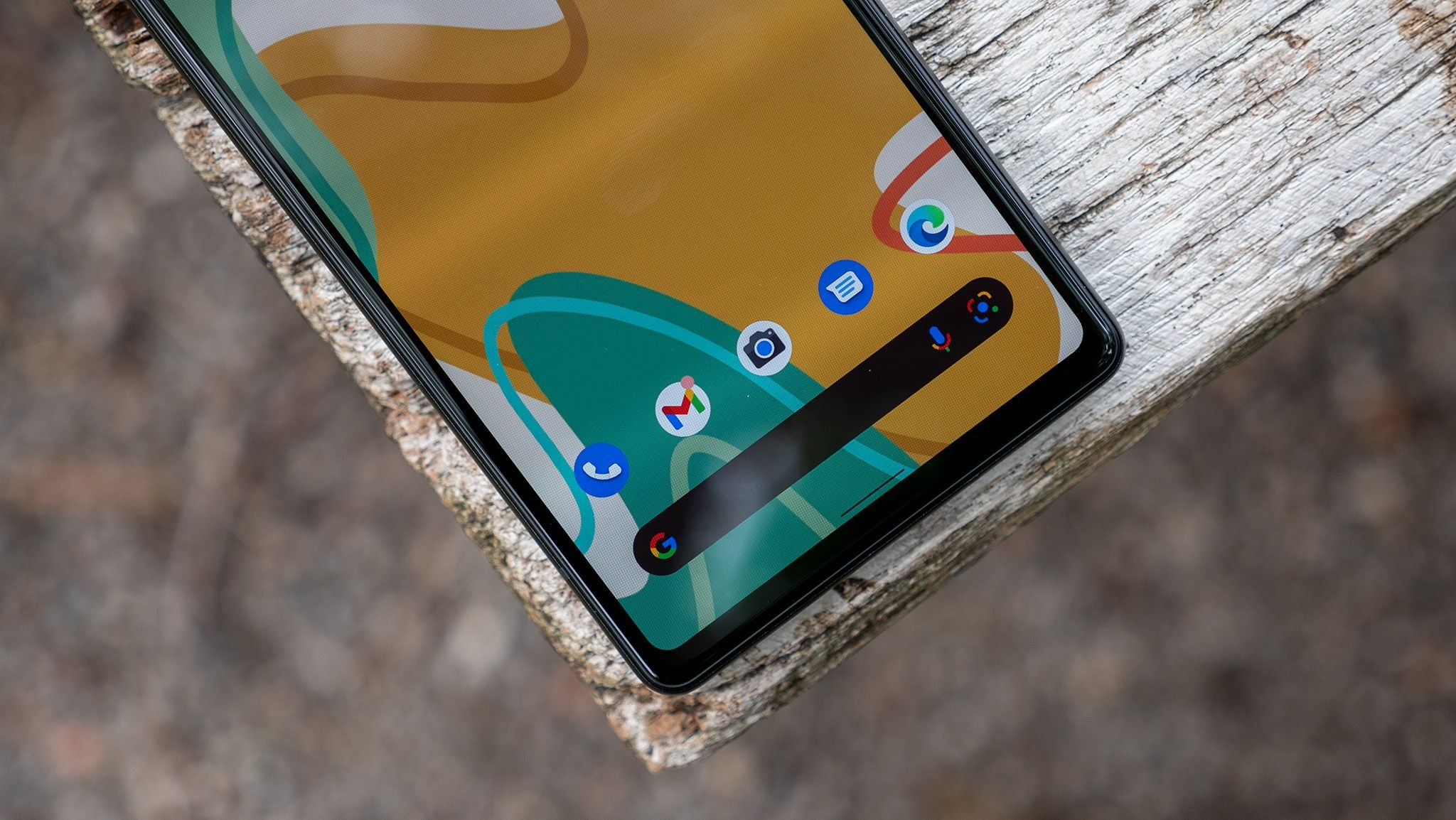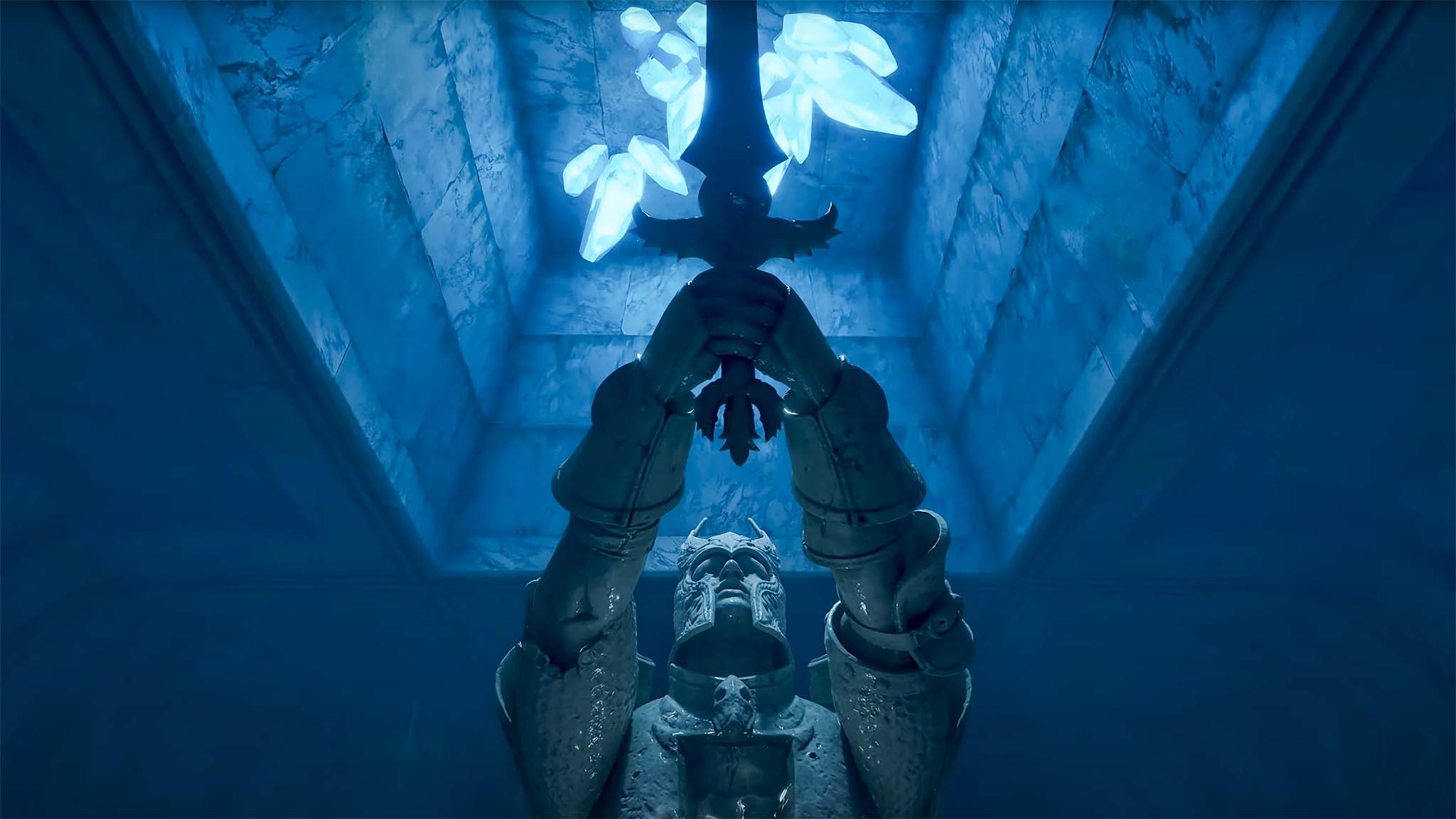Google won't make a competitor to Microsoft Azure-powered ChatGPT, at least for now
Google is a leader in AI, but it hasn't made a consumer-facing tool like ChatGPT.

What you need to know
- Google's head of AI, Jeff Dean, recently discussed ChatGPT and AI chatbots with employees of the tech giant.
- Dean explained that Google has similar capabilities to ChatGPT but has taken a more conservative approach due to the "reputational risk" that could occur if things went wrong.
- Chatbots powered by AI are prone to bias, bigotry, and false information.
- Alphabet CEO Sundar Pichai spoke on the same topic at the Google meeting.
ChatGPT and other AI tools are the latest trend in the tech community. While artificial intelligence has been around for years, the public preview of ChatGPT placed AI in the hands of consumers with a very low bar for entry.
With ChatGPT making the news, Google employees asked the company's bosses if the tech giant has missed an opportunity. According to CNBC, that question was the highest rated inquiry at a recent Google meeting.
ChatGPT is made by OpenAI, which is backed heavily by Microsoft. The chatbot uses Azure and the GPT-3.5 models that power it were trained using Microsoft's Azure AI supercomputing infrastructure. With one of Google's largest rivals having such a hand in ChatGPT, it's not surprising that Google employees would ask about it.
Alphabet CEO Sundar Pichai and Google's head of AI Jeff Dean discussed why Google hasn't released a tool similar to ChatGPT at this time.
Google is no stranger to AI, in fact it's a leader within the field. Google Duplex blew people away when demonstrated and the tech giant has other artificial intelligence tools, many of which are used to improve Google search results. Dean explained that Google needed to take a more conservative approach due to the "reputational risk" associated with chatbots like ChatGPT.
“We are absolutely looking to get these things out into real products and into things that are more prominently featuring the language model rather than under the covers, which is where we’ve been using them to date,” said Google's head of AI. “But, it’s super important we get this right.”
Google's caution is warranted, as AI tools can show bias based on how they are trained. The first week of ChatGPT being available to the public in preview showed the dark side of AI. People were able to get the tool to share responses that were sexist, racist, and bigoted in other ways.
Get the Windows Central Newsletter
All the latest news, reviews, and guides for Windows and Xbox diehards.
Another issue with AI tools such as ChatGPT is that they're prone to make things up. If prompted, these bots will respond to a query in a confident manner that looks convincing but is complete nonsense. This would be a nightmare for a search engine that centers around giving reliable results.
The Verge highlighted an example shared on Twitter in which ChatGPT suggested putting crushed porcelain into breast milk to help with the infant digestive system. The chatbot took the question as if it was based on accurate information and then shared a response that looked convincing.
can you say that a system that sees adding crushed porcelain to breast milk as legit has any understanding of what it’s talking about?autocomplete alone will never be a reliable substitute for interpretable understanding. Calling it "understanding" simply cheapens the term. pic.twitter.com/Fmn7eUfi7qDecember 5, 2022
"You can imagine for search-like applications, the factuality issues are really important and for other applications, bias and toxicity and safety issues are also paramount," said Dean.
OpenAI is aware of the limits of its AI tools. "ChatGPT is incredibly limited, but good enough at some things to create a misleading impression of greatness. it’s a mistake to be relying on it for anything important right now. it’s a preview of progress; we have lots of work to do on robustness and truthfulness.," said OpenAI's CEO on Twitter.
While Google does not have a tool like ChatGPT at this time, the company has plans for AI. 2023 will be a "point of inflection" for conversational AI, according to Pichai. He added, "we can dramatically evolve as well as ship new stuff."

Sean Endicott is a tech journalist at Windows Central, specializing in Windows, Microsoft software, AI, and PCs. He's covered major launches, from Windows 10 and 11 to the rise of AI tools like ChatGPT. Sean's journey began with the Lumia 740, leading to strong ties with app developers. Outside writing, he coaches American football, utilizing Microsoft services to manage his team. He studied broadcast journalism at Nottingham Trent University and is active on X @SeanEndicott_ and Threads @sean_endicott_.
